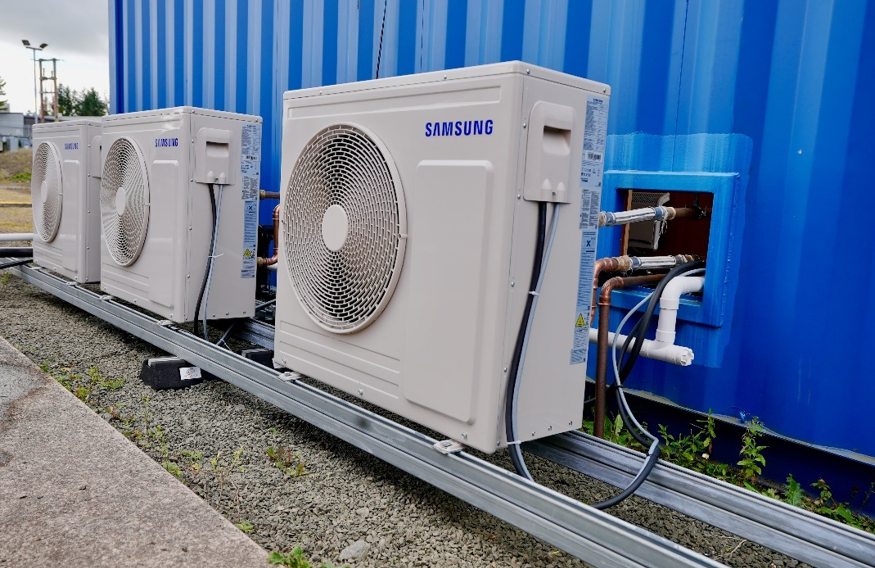Volvo halted its plans to be an electric only manufacturer by 2030 citing a shift in global markets.
Whilst the UK, and others, have powered ahead with EVs, globally growth has remained concentrated in just a few major markets. IEA figures for 2023, for example, indicated that just under 60 per cent of new electric car registrations were in China, 25 per cent in Europe, and only 10 per cent in the US.
Volvo, majority-owned by China’s Geely Holding, is also likely to suffer with the incoming EU tariff on EV cars and components.
The company is, however, not giving up on its electric dream, and is about to simplify its EV production, stating that all future electric Volvo cars will originate from a single technology “stack”.
The same core of systems, modules, software and hardware, will be used in all EVs, and the new cars will use a selection, or a subset, of building blocks from these.
“The Volvo Cars Superset tech stack is a true game changer: it allows all of our engineering effort to be channelled into one single direction that powers all our products, instead of working on specific car projects,” said Anders Bell, chief engineering and technology. “Our engineers will work on one superset, constantly improving, growing and expanding its capabilities and features. This allows for dramatically improved quality, increased speed-to-market and continually better cars for our customers.”
Volvo Car Group recorded a record core operating profit of SEK25.6bn in 2023 (£1.9bn), while global sales reached a record 708,716 cars.
© 2019 Perspective Publishing Privacy & Cookies








Recent Stories